The Washington Education Association is the voice of public educators in Washington — the voice calling for quality public education, reasonable class sizes, and professional pay and respect for those responsible for our children. The WEA is the largest representative of public school employees in the state. Watch the slide show below to learn how WEA members have been improving education for more than 100 years.
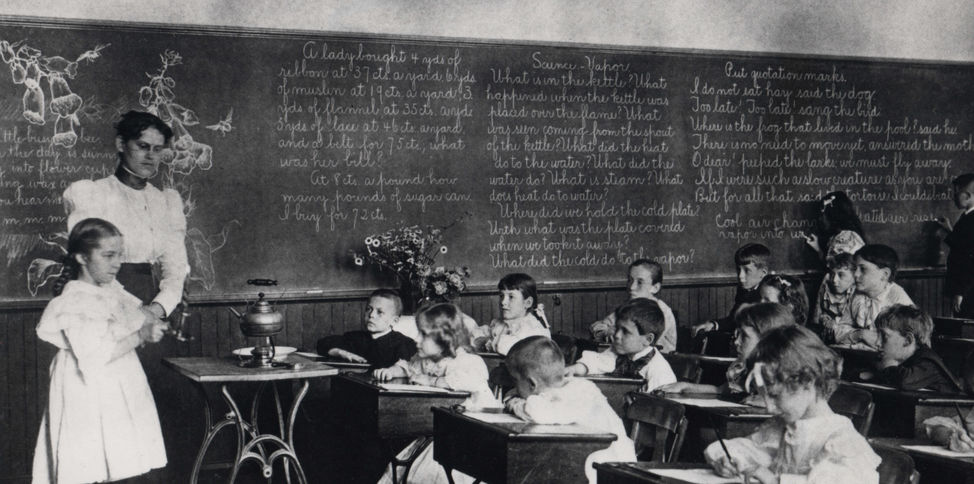
1889 - The WEA is founded April 2-3 as the Washington State Teachers' Association with 124 members.
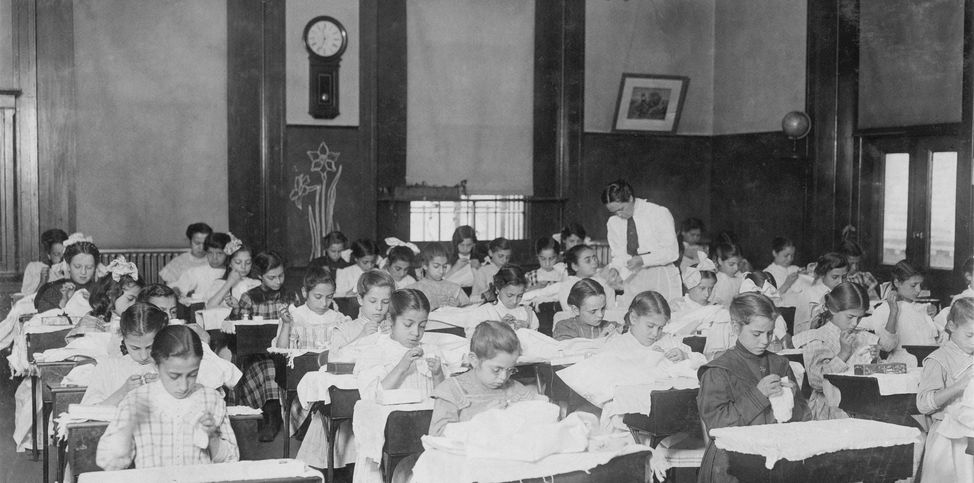
1915-1960s - Work by the WEA results in basic education requirements to become a teacher, the creation of teacher retirement plans, state contributions to school construction, paid sick leave and the right for classified school employees to collectively bargain.
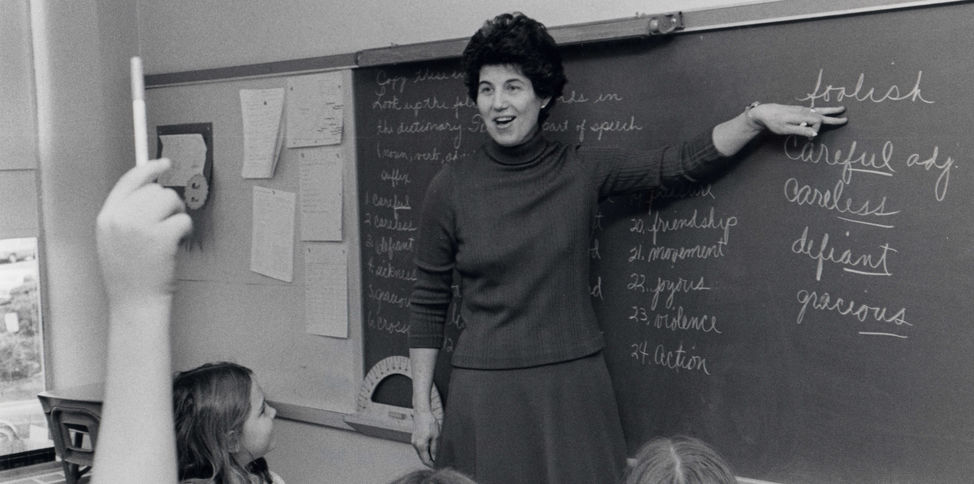
Late 1960s-1970s - In 1968 Tacoma negotiates state's first true collective bargaining contract for teachers. In 1973 teachers in the Evergreen School District defy a court order to end a strike. Evergreen EA President Fred Ensman and Action Committee chair Dick Johnson, and EEA Interim President John Zavodsky are jailed for more than 40 days.

The 1980s brought about more change, with the Washington legislature approving a community college collective bargaining law after repeated attempts by the WEA.
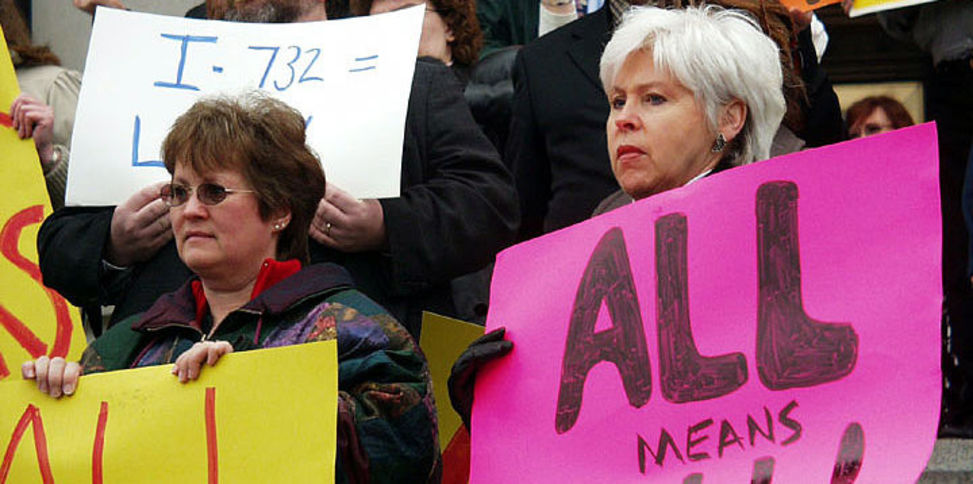
2000 - WEA members work to win overwhelming approval of Initiative 732, requiring annual cost-of-living increases for all public school employees.

2003 - The Jan.14 “Day of Action†includes rallies in Spokane, Kennewick and 25,000 members in Olympia calling on lawmakers to respect the will of voter approved class size limits and educator cost-of-living increases.

2003 - Marysville Education Association holds a 50-day strike, the longest by teachers in state history. Teachers return to school after an injunction, then lead successful efforts to replace all three incumbent school board members on the fall ballot.
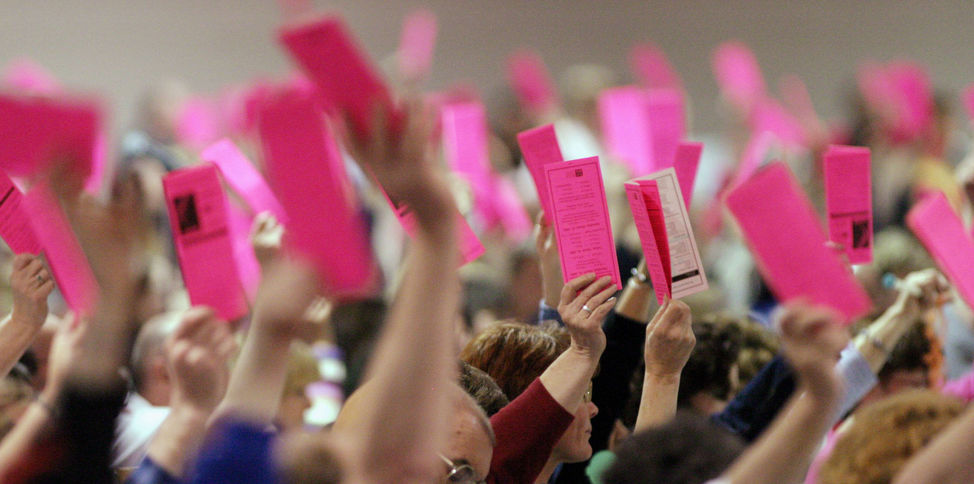
2004 - Delegates at the Representative Assembly approve a special dues assessment to support a legal battle over Washington’s inadequate education funding. This is the seed that would eventually lead to the state Supreme Court decision known as “McCleary.â€

2007 - WEA members successfully win legislative and voter approval to make it easier for local communities to approve school levies. Before the constitutional change levies needed a 60 percent super majority to pass.

2012 - The state Supreme Court’s McCleary ruling is a decisive win for Washington students and the WEA coalition. Justices give lawmakers until 2018 to fully fund education.
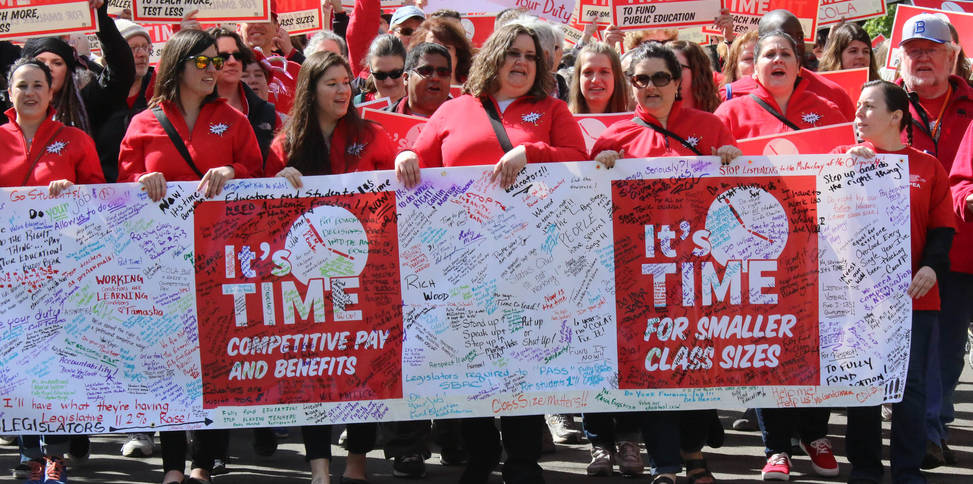
Today - WEA members continue to fight for adequate education funding, reasonable class sizes, professional pay and common senses approaches to standardized testing and teacher evaluations.










